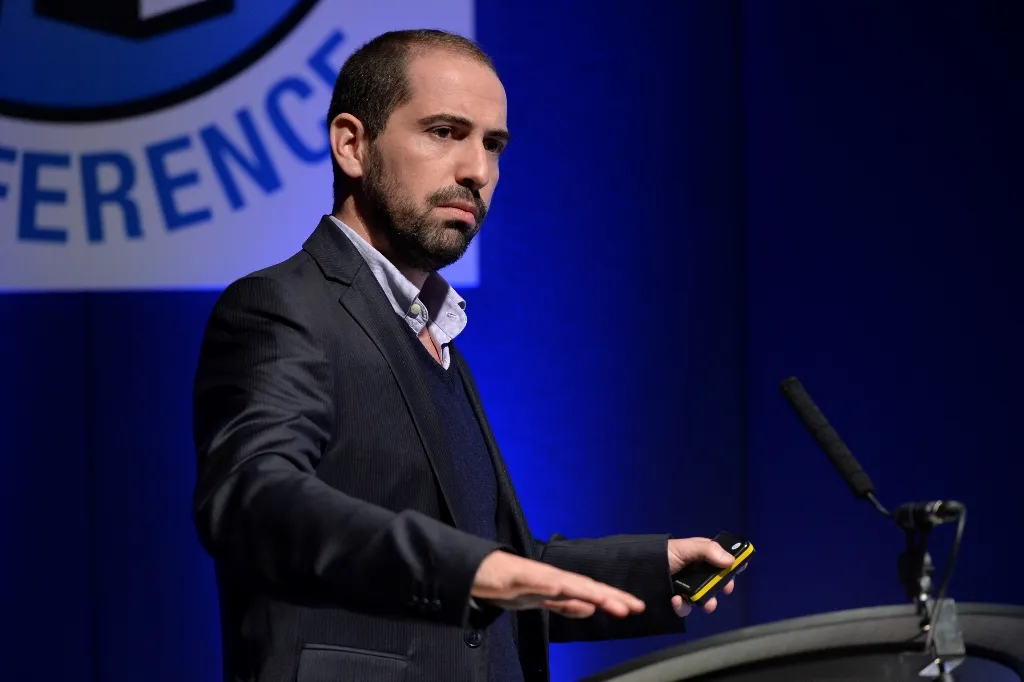
Abstracts submissions remain open only until February 10 for the 19th AfPA International Flexible Pavements Conference in Brisbane, Australia.
The event will be held from 30 October to 1 November 2023 at Brisbane Convention & Exhibition Centre and focus on the challenges and essential strategies that are needed to achieve the objective of “Safely Paving the way to Carbon Zero”, the conference theme.
It is increasingly clear that this transport network is also a major contributor to global emissions. At the same time, it is also vulnerable to climate change, with more extreme weather events testing its resilience. These facts present a challenge to the flexible pavement sector in Australia in the responsible management of the country’s infrastructure assets.
The AfPA International Conference 2023 provides the Australian road sector with an opportunity to explore these challenges and identify strategies to achieve the objective of carbon zero.
Conference themes include sessions around safer roads and more resilient roads – in particular how to implement climate change into design considerations to build resilient pavements, innovative maintenance solutions and practices to enhance resilience, durability and performance of pavements and finally best practice for asset owners for responding to natural disasters.
Construction Practices sessions will explore crumb rubber applications as well as materials, technologies and processes to extend pavement durability and notably best practice use of RAP/WMA.
Also, what will future roads look like and how will that affect design and performance?
The successful 2019 18th AAPA International Flexible Pavements Conference attracted 600 delegates. Now, the 2023 19th edition aims to bring together more than 700 delegates from all areas of industry both within Australia and from around the world. Bitumen suppliers, sprayed surfacing operators, infrastructure consultants, highway design engineers, construction contractors and many others within the sector will benefit from attending the event.
For more information, click here.








